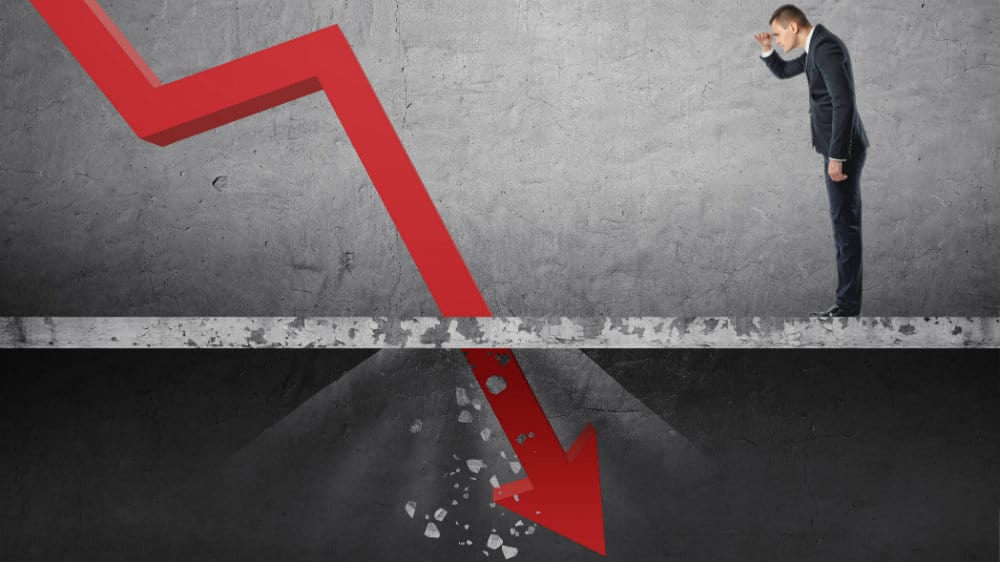Aurora Cannabis (TSX:ACB)(NYSE:ACB) was one of the biggest stock market losers of 2019. Starting off the year at $7.09, it fell to $2.50 by year’s end — a stunning 64% decline. Although all cannabis stocks did poorly last year, ACB fared worse than most, which raises the question of whether it’s possible for the company to turn things around.
If you’d bought Horizons Medical Marijuana Life Science ETF at the start of 2019, you’d have fared better (or perhaps “less badly”) than if you’d bought ACB, so clearly, certain factors have led to investors taking a dimmer view of Aurora than of cannabis a whole. In this article, I’ll explore what those factors are and whether 2020 could be any better than 2019 was.
Significant losses
One of the biggest factors driving Aurora’s poor performance in 2019 was its significant losses. In 2019, Aurora had a net loss of $297 million and a comprehensive loss of $370 million. All major cannabis companies lost money in 2019, but Aurora lost more than most, so it’s not surprising that its shares fell more than the sector as a whole. However, Aurora’s 2019 losses were nothing compared to the $1.28 billion that Canopy Growth lost in a single quarter, and Canopy’s shares fell less than Aurora’s did, so clearly there’s more to this story.
A major setback in Germany
One big setback Aurora faced in 2019 was the suspension of its products’ sales in Germany. After Aurora was found using radiation technology in its facilities without a permit, Germany took the rather extreme step of banning the company’s products entirely — not just those affected by the technology in question. As a result, Aurora is left unable to earn revenue in Germany — a huge medical cannabis market that Aurora and other cannabis companies had sunk large sums of money into.
Why is this such a problem?
It all comes back to the losses discussed above.
The main reason cannabis companies like Aurora are losing so much money is because they’re investing heavily in expansion. Many of them could be profitable if they limited themselves to relatively small Canadian medical and adult-use operations; however, they’re focused on building massive market share overseas. When Canopy Growth received its $5 billion investment from Constellation Brands, for example, it said that the lion’s share of the money would go toward building up its foreign presence.
For Aurora to lose the ability to earn money in a foreign market it had sunk vast sums of money into is a major setback. Although it’s not clear how much Aurora has invested in Germany specifically, it reported in the notes to its 2019 financial statements that it had $89 million worth of long-term assets in the European Union. Depending on how much of those assets are related to German operations, that could be tens of millions of dollars sunk into a foreign market that won’t be generating any revenue until further notice.
Foolish takeaway
Owing to its significant losses and setbacks in Germany, Aurora Cannabis appears set to continue falling in 2019. There are certain catalysts that could lead to a surprise turnaround, like higher margins from newly legalized Cannabis 2.0 products, but as I’ve written in past articles, it’s unlikely that those products will be huge sellers. Aurora certainly isn’t out for the count, but I wouldn’t buy it today.







